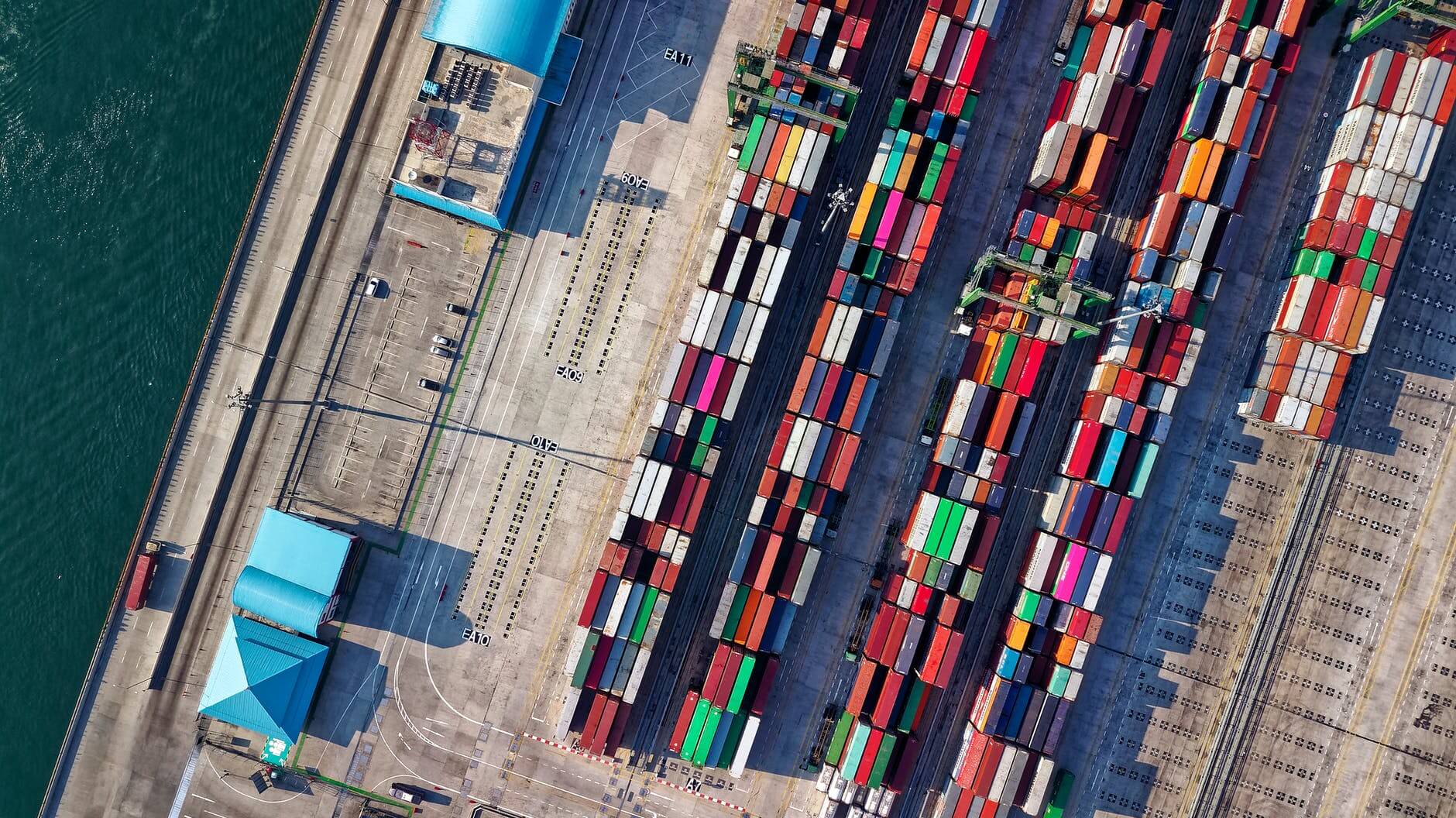As the pandemic wreaked havoc, supply chain and procurement leaders were thrust into the spotlight, and must now re-adjust to even more changes.
When Dr Jörg Mosolf, CEO MOSOLF Group, spoke back in 2011 about the unpredictability that is built into all global supply chains, he said, "That every day, something is going to happen. We just don't know what."
In 2020, we discovered exactly what, when COVID-19 shocked supply chains in ways that had never been experienced before.
The pandemic exposed just how much a supply chain can make or break a company’s prospects, even its whole future.
The crisis made hidden vulnerabilities all too public too.
Dependencies drive slowdown
In Germany, even though manufacturers were not directly affected by lockdown restrictions, production lines had to be closed for another reason. Shortages of essential parts supplied from China. Also, since German manufacturers play such a central role in Europe, this meant shutdowns in other countries.
Germany also discovered how dependent it was on China and other Asian countries when it came to medical drugs, respirators, and PPE.
“The crisis quickly moved Chief Supply Chain Officers (CSCOs) to the position of change-makers and boardroom kingpins. No longer was cost management their prime focus”, states Gabriele Stahl.
After years of a relentless pursuit of lower costs with just-in-time deliveries and tight deliveries, creating ever more complicated and opaque supply chains, the demands for change were loud and clear.
Some of that change was already underway, as technology delivered new possibilities to control risk and drive efficiency.
As Accenture reported recently, “Relevancy, resiliency and responsibility are the new triple mandate for supply chain functions. In response, many are investing to avoid the pitfalls of 2020 and prepare for what is next. However, progress is hampered by a lack of visibility across the value chain as well as by significant resource, technology and funding limitations.”
Seeing trouble coming
After having their supply chains stretched to breaking point, Germany's carmakers are investing in visibility. It is in the form of innovative technology aimed specifically at developing an early-warning system with an eye on the next crisis.
They have been struck by a global shortage of semiconductors that brought vehicle assembly lines to a standstill, or at least caused serious bottlenecks. Still a factor, and very much driven by COVID, the ongoing semiconductor chip shortage is now expected to cost the global automotive industry $110 billion in revenue in 2021, according to consulting firm AlixPartners.
Catena-X is a cloud-based network designed so German automakers can ‘see’ into every corner of the complex web of automotive parts suppliers and thus see stresses before they become disasters.
“The industry needs more transparency in the supply chain, not just for semiconductors but for all components, and Catena-X can be a solution,” Uwe-Karsten Städter, Porsche's head of procurement, told Fortune.
Demands for transparency
On the subject of transparency, German automotive and other supply chain leadership will have to comply with an important new law.
“This requires companies to report human rights and environmental abuses along their direct supply chains. From 2023, this will impact roughly 600 large companies with 3,000 or more employees, and in 2024 for another 3,000 companies with 1,000 or more employees”, Gabriele Stahl points out. Also, German subsidiaries of multinational companies or those with offices in Germany will also be required to report infractions.
Fines for non-compliance could rise to 2% of average annual sales for companies with €400m in sales or more.
This really underlines the fact that whilst supply chains are largely based on a cost/benefit analysis, other concerns such as environmental and political strategic considerations will have to be considered in delocalisation decisions.
Leading with agility and empathy
“The success of coping with all these changes hinges on the cultures and behaviours instilled in each business. Organisations will continue to review how to bring flexibility and speed into their decision-making, allowing for agility without having a negative impact on profit or unnecessary risk”, says Katja Hanns-Terrill.
Leaders with the qualities to make that happen are in high demand. We know that prior to COVID-19, our Global Leadership Confidence Index had already uncovered that only 15% of the 2000 senior leaders we surveyed actually expressed confidence in the ability of their companies’ top leadership teams to manage disruption successfully.
However, the research also further identified exactly the types of leaders able to drive the most successful organisations through even severe disruptions like COVID-19, and beyond.
These leaders have a number of distinct qualities:
The agility to navigate a world of change, ambiguity and complexity.
A breadth of industry backgrounds and geographies – allowing people to navigate a more virtual world than before.
A high level of digital and technology understanding, with the ability to draw conclusions and take action based on data and analytics.
The authenticity and empathy to lead teams that might be globally dispersed and remote. That means leaders who are not afraid of showing vulnerability.
Supply chains are the epitome of collaboration. It is in their very nature. Especially in a fractured landscape, rich with uncertainty.
Leaders will need to strengthen their key relationships; the pandemic has vividly illustrated how strategic suppliers play a critical role on the road out of this crisis. Relationships might need to be more complementary and collaborative, rather than a traditional vendor/client approach.
To discuss finding the right supply chain and procurement leadership talent or developing your own career, we are happy to help. please do not hesitate to get in touch.



